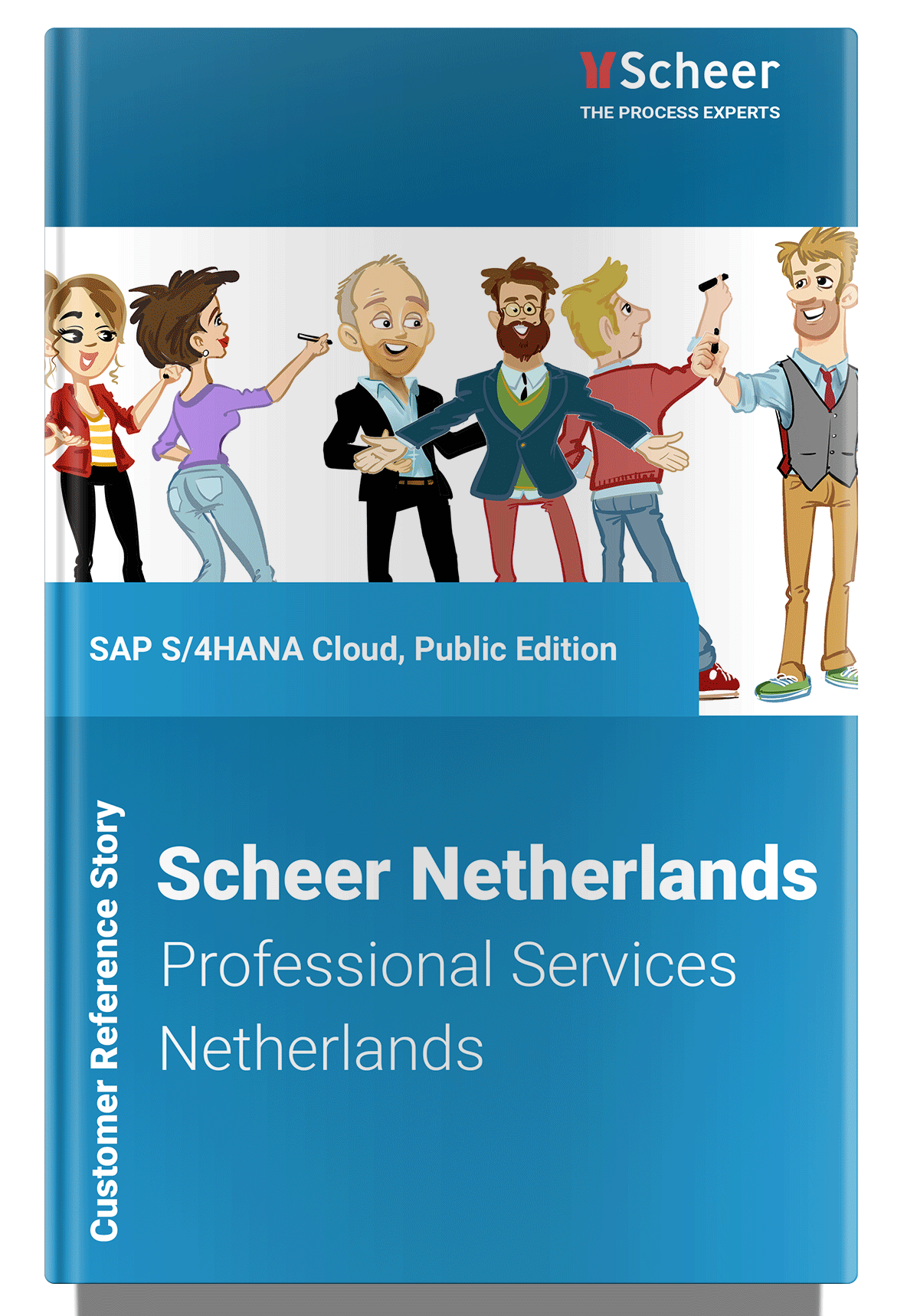As a Professional Service organization, you operate in a market that demands the highest degree of anticipation and ever shorter intervention times within your running projects. Your day-to-day decision-making requires efficient management and perfect control of your projects and project management to optimize performance criteria, improve your margins and increase customer satisfaction. SAP S/4HANA Cloud takes care of smooth operations in all aspects.
SAP S/4HANA Cloud for Professional Services delivers real-time accounting solutions with in-depth analysis, the right functionality to plan, execute and control profitable projects, the insight to deploy the right resource to the right project at the right time, and sophisticated billing capabilities with advanced revenue recognition.







